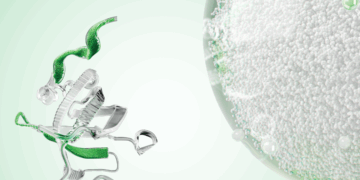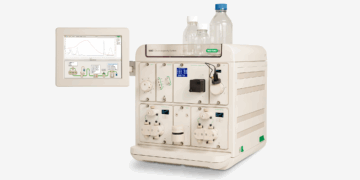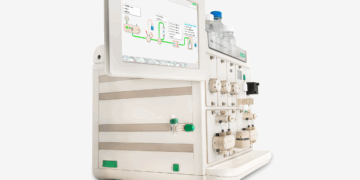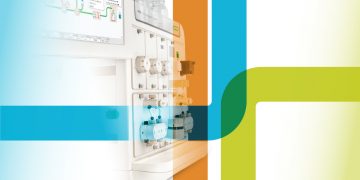
Unraveling the Mysteries of Molecular Machines
Seychelle M. Vos, PhD, has a passion for science that was ignited at a young age while exploring her parents’ garden and the natural world around her. Now she studies some of the biggest questions in genome biology: how DNA structure and chromatin influence protein transcription. The molecular machines that physically couple transcription and DNA structure by changing the position of nucleosomes, interfacing with chromatin, and compressing DNA into loops, are the focus of Vos’ research.

Next-Generation Chromatography Teaching Labs Set Students Up for Success
Dominique Ingato, PhD, is a faculty member at MiraCosta College’s Department of Biotechnology. As one of only fifteen community colleges in California to offer a bachelor’s degree, MiraCosta College’s bachelor’s program in biomanufacturing is breaking ground. As part of this program, Ingato runs a next-generation chromatography (NGC) teaching lab, where students receive practical, hands-on training using state-of-the-art instruments, such as the NGC Chromatography System.

Powering Antibody Production and Purification with the NGC Chromatography System
For this article, we spoke with Vera Dreyfuss of evitria AG, an antibody expression services provider based in Switzerland, about the role that the NGC Chromatography System has played in powering the growth and success of the company.

Advanced Cancer Therapeutics: Increasing Efficacy and Specificity and Reducing Toxicity
Research into human diseases has led to the development of novel monoclonal antibody drugs. These monoclonal antibody therapies have been successful because of their specificity and selectivity. However, ongoing development and successfully launching a new mAb drug require robust and reliable methods to screen for drug targets, demonstrate drug safety and efficacy, and scale up manufacturing to meet the stringent regulatory guidelines required for approval.

Purification of Untagged Proteins Made Attainable for Any Researcher
High purity protein is a common requirement for biochemical and structural studies. A common approach is to recombinantly express an affinity-tagged version of the protein of interest. However, this is not always a viable option. Here we showcase how the NGC Chromatography System and prepacked chromatography columns can be utilized to develop purification workflows for untagged proteins.
